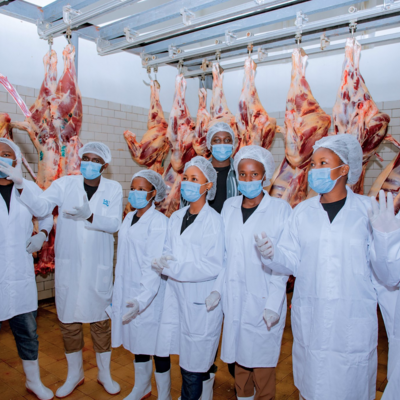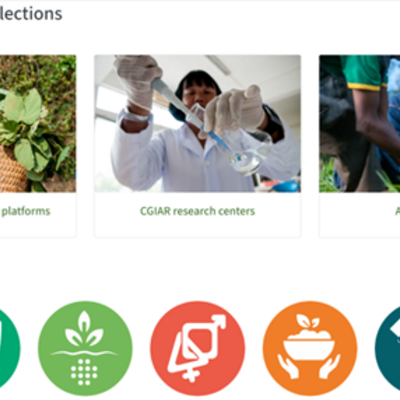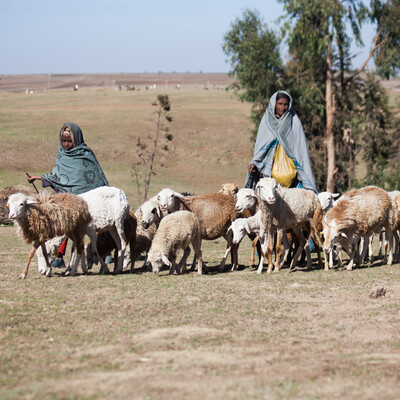
Taking our communications to the next level? – Reflections from the Farming First and IFPRI workshop
I recently attended a one-day workshop for communicators organized by Farming First and the International Food Policy Research Institute (IFPRI) prior to IFPRI’s 2020 conference on “Building Resilience for Food and Nutrition Security” in Addis Ababa, Ethiopia.
The training was given by senior communicators with expertise in communications planning, media pitching, content development, social media management and online advocacy the workshop enabled participants’ capacity to communicate on topics related to food security, sustainable agriculture and resilience.
The workshop brought together more than 30 young communicators working in the agriculture, sustainability and resilience areas from different parts of the world—Africa, the Pacific, Europe and Asia.
Here are a few things I learned from this workshop:
- How to build communication strategy: We need to be clear what our organization strategy is and focus on the reasons we do it. We should always start with our policy objectives. Measuring, both quantitatively and qualitatively, is also important in assessing communications strategies. The trainers shared an eight-step process:
- Identify the purpose of your communication
- Identify your audience
- Plan and design your message
- Consider your resources
- Plan for obstacles and emergencies
- Strategize how you’ll connect with the media and others who can help you spread your message
- Create an action plan
- Decide how you’ll evaluate your plan and adjust it, based on the results of carrying it out
- Social media: This is all about building relationships, and it’s important to cultivate a strong base of fans and followers who engage with our organization and want to share how much they love it! We need to know the value of social media and what the added value is to our organization. The trainers suggested that when developing a social media strategy we need to:
- Identify our best content
- Identify some key partners
- Work with other communications team members and partner organizations
- Look to research briefs, press releases and news
- Ask for videos, PowerPoints (drill down to simple contents)
- Talk to relevant researchers and ask them what’s most exciting/interesting about their work
- Live-tweeting: This is to engage on Twitter for a continuous period of time – anywhere from 20 minutes to a few hours – with a sequence of focused Tweets. We’ve learned that live-tweeting (done right) is a great way to boost our visibility and develop relationships with others. But, live tweeting can also annoy our Twitter followers if we make common mistakes. Some best practices shared by our trainers:
- Look for “aha” moments
- Tweet about what we know
- Use pictures
- Leave room for retweets
- Draft a few tweets ahead of time
- Do not overly tweet @ one speaker/organization
- Have a monitoring and evaluation (M&E) plan
In general we learned how to communicate more effectively, how to use media and social media to disseminate our messages more effectively and widely and how to be more creative and strategic in producing top-quality content.
The workshop was incredibly useful with terrific facilitators Michael Hoevel, Deputy Director of Agriculture for Impact and Pete Shelton, Social Media Coordinator, IFPRI and a wonderful group of people attending the workshop.
There were some good examples and exercises for participants to handle some of the social media tools. It was also interesting to hear from some of the participants about their communication strategies—not just tools but processes that they have been doing to reach out to farmers as well as policy makers. In terms of ways to improve a workshop like this, it would be useful to scope what the participants wanted to learn in advance.
Overall the resilience communication workshop was lively, challenging, informative and more insightful than any other workshop I have attended. Now I have to figure ways to keep working on what I have been through and to develop my skills in this regard.




















